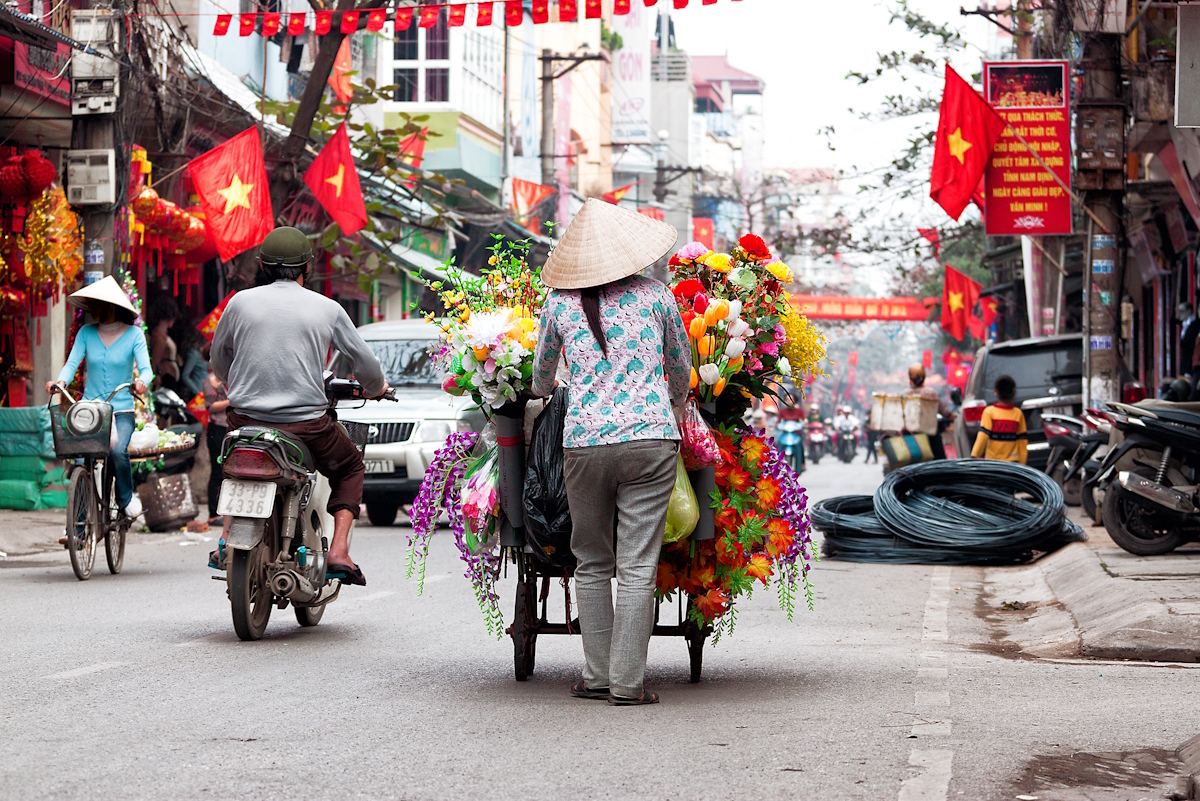One year into his five-year term, Vietnamese President Vo Van Thuong resigned in mid-March. In a statement accepting his resignation, the government said Thuong had violated party rules. These new political issues could hurt foreign investors’ confidence in Vietnam. Since 2021, two presidents, a deputy prime minister, two ministers, and more than a dozen provincial leaders have been dismissed from their positions.
While the government did not specifically give details of why Thuong resigned, observers believe that he, like his predecessor Nguyen Xuan Phuc, who was forced to resign in January 2023, has been implicated in a corruption scandal.
“This only shows how deep and serious the anti-corruption crackdown is this time in Vietnam,” opines Ruchir Desai, Fund Manager at Asia Frontier Capital (AFC).
In 2016, the Communist Party of Vietnam (CPV) started an anti-corruption campaign nicknamed “blazing furnace”. Since then, around 200,000 party members across all government levels have either been removed from their positions, expelled from the party, or imprisoned on charges of corruption.
While this campaign contributed to increased confidence in the CPV leadership, it also bears the risk of backfiring.
Zachary Abuza, a Southeast Asia expert and professor at the National War College in Washington, told news network Voice of America that the political shake-up poses a threat to Vietnam’s economy.
“For a country that prides itself on political stability as one of its key selling points to foreign investors, it sure isn’t looking very stable,” Abuza said.
AFC’s Desai, however, believes that this will not impact the investment case for Vietnam. “The government realises the importance of long-term economic growth backed by exports, the manufacturing sector, and domestic consumption. Therefore, we are not worried that the Vietnamese government will rock the boat so hard that it will hurt the long term economic development of the country,” says Desai.
Vietnam is expected to grow between 5.6% to 6% this year, despite the political turmoil and geopolitical tensions. The government has set a target of 6% to 6.5% GDP growth.
In the first quarter, GDP growth slowed year-on-year to 5.66%, down from 6.72% the previous quarter.


 Australia
Australia China
China India
India Indonesia
Indonesia Japan
Japan Malaysia
Malaysia Philippines
Philippines Singapore
Singapore South Korea
South Korea Taiwan
Taiwan Thailand
Thailand Vietnam
Vietnam







